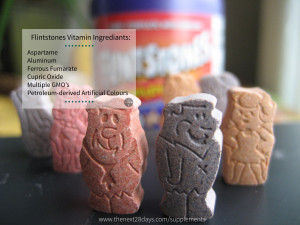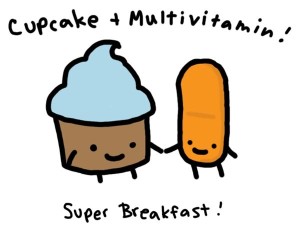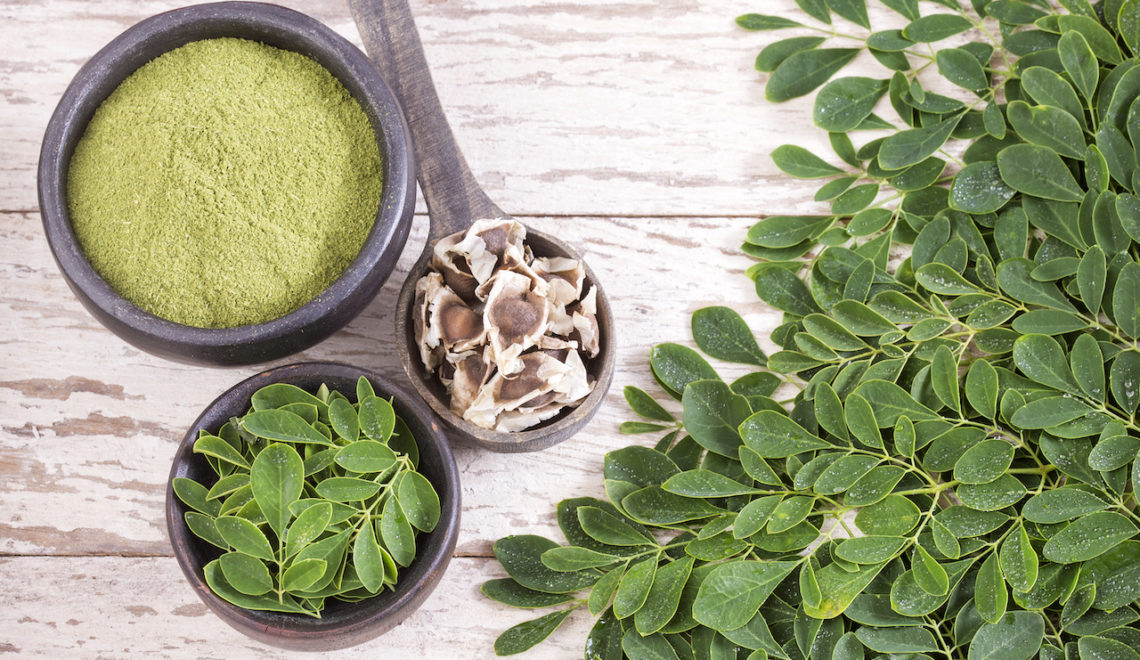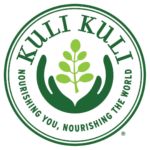
And I’m not talking about Flintstones Chewables.
When explaining moringa to consumers, some of the ways I describe its nutrient profile include:
 – Nearly 100% RDV of vitamins A, E, and K
– Nearly 100% RDV of vitamins A, E, and K
– 25% RDV of calcium
– 12.5% RDV of iron
– 2 grams of fiber
– 3 grams of protein
…And I could continue if I wanted to!
With all of these nutrients in one serving, I often liken moringa to “a multivitamin in a leaf.” While this is an understandable comparison, I almost worry I’m short-selling moringa. Grown in the ground and not tampered with in a lab, moringa is the better half of the simile because it’s a real food, a pure and simple leaf.
In our on-the-go and calorie conscious lifestyles, the supplements industry is making bank. Rather than have to count our fruit and veggie servings per day, we can pop capsules, mix in powders, and bite into bars full of extracts, isolates, and additives. And while there are many lifestyle choices and health conditions that call for an added boost from supplements, I prefer to turn first toward real food – an opportunity to chew and enjoy, rather than to swallow and forget.
Recent medical studies have shown that a vitamin supplement regimen is no more effective than eating a healthy, balanced diet. Rather, whole and unprocessed foods can offer more nutrients at once, including things we can’t absorb as well in pills, like fiber, micronutrients, and phytochemicals that protect the body. Healthy foods are the original multivitamins.
 Disconcerting news stories of late reveal that some vitamins and extracts, when tested, showed no traces of the ingredient they touted, such as Gingko Biloba or St. John’s Wort. Instead, scientists detected fillers like rice, asparagus, dracaena, and ingredients that weren’t on the label, like aspartame. This has led to recalls in the supplements section of stores worldwide and drawn attention to the non-regulation of the industry. Technically, supplement companies can manufacture their products without approving the labels, which leads to great variation between brands or even individual bottles of vitamins and proves a lack of quality control. The fact that vitamins and supplements are exempt from the same processes the FDA requires for food and pharmaceuticals is yet another reason to feel safer and more sure of groceries over gelcaps.
Disconcerting news stories of late reveal that some vitamins and extracts, when tested, showed no traces of the ingredient they touted, such as Gingko Biloba or St. John’s Wort. Instead, scientists detected fillers like rice, asparagus, dracaena, and ingredients that weren’t on the label, like aspartame. This has led to recalls in the supplements section of stores worldwide and drawn attention to the non-regulation of the industry. Technically, supplement companies can manufacture their products without approving the labels, which leads to great variation between brands or even individual bottles of vitamins and proves a lack of quality control. The fact that vitamins and supplements are exempt from the same processes the FDA requires for food and pharmaceuticals is yet another reason to feel safer and more sure of groceries over gelcaps.
If you think you or your children are nutrient deficient but a healthy dose of fruit and veggies aren’t accessible, it is best to research the needs met by various supplements and consult your doctor. If a doctor does recommend that you supplement your diet with extra vitamins or minerals, it is a safe idea to purchase brands that say “USP” (U.S. Pharmacopeial Convention), “NSF” (National Sanitation Foundation), or “Consumer Lab” on the bottle, indicating a degree of testing and certification from these independent agencies.
< And if this is you, you might want to consider some of our other blog posts about making the transition to a healthy diet!
- Six easy food replacements to help improve diet
- The dos and don’t of dieting
- Eating healthy on a budget












A study made on MX3 Capsule done in America and published in the Journal of Aging Resarch and Clinical Practice. It was concluded that MX3 Capsule helps improve mobility together with a good and healthy diet